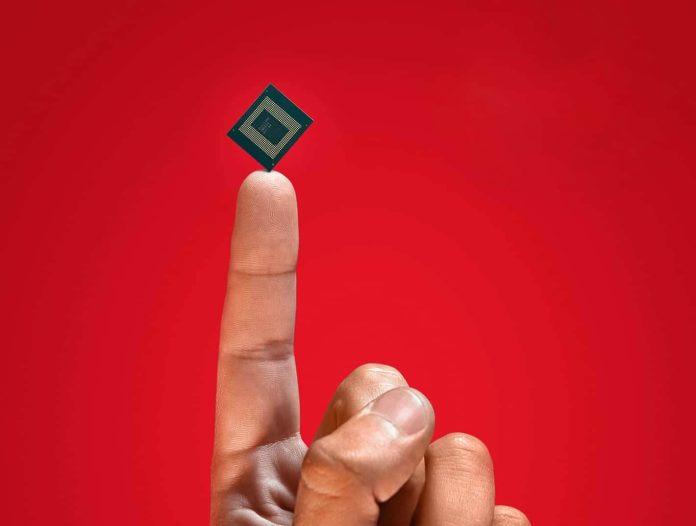[ad_1]
Despite their recent struggles with 3nm yield, Samsung and TSMC appear on track to begin 2nm mass production in 2025. The two semiconductor foundry giants confirmed to the Financial Times that their 2nm tech is “progressing well.” They started making 3nm chips last year.
Samsung and TSMC are vying for 2nm supremacy
Samsung started 3nm (SF3) mass production in June 2022, about six months earlier than TSMC. However, the latter quickly caught up to its arch-rival in achieving a decent yield rate. It went on to produce Apple’s A17 Pro chip for the iPhone 15 Pro lineup using its 3nm (N3) node. TSMC has also secured 3nm chip orders from Qualcomm. Next year’s Snapdragon 8 Gen 4 will be manufactured by the Taiwanese firm.
Samsung, on the other hand, has failed to attract major 3nm orders. It has yet to produce smartphone processors using its most advanced node. Industry insiders say the Korean firm has a similar 3nm yield rate as TSMC—both around 60 percent as of October this year. It isn’t the best yield but Qualcomm reportedly saw a competitive edge in the latter’s 3nm tech.
This is a big loss for Samsung because it upgraded to the GAA (Gate All Around) transistor architecture with 3nm chips. TSMC is sticking to the older FinFET tech and plans to move to the GAA architecture with its 2nm solutions. The Korean firm sees an opportunity here—it will have more experience with the next-gen transistor architecture, which might help speed up development and production.
“We are well-equipped to set up for SF2 mass production by 2025,” Samsung told the Financial Times. “Since we were the first to take the leap and transition to GAA architecture, we are hoping the progress from SF3 to SF2 will be relatively seamless.” Unfortunately, the firm’s technological struggles of the past may continue to haunt it. Industry analysts don’t seem to be confident about its 2nm tech.
“Samsung sees 2nm as a game-changer,” said James Lim, an analyst at US hedge fund Dalton Investments. “But people are still doubtful it can execute the migration better than TSMC.” Dylan Patel, chief analyst at research firm SemiAnalysis added, “Samsung tries to do these quantum leaps. They can claim all they want, but they still have not released a proper 3nm chip.
Apple’s iPhones may be the first to have a 2nm chip
Despite some reports suggesting otherwise, Apple’s iPhones may be the first to have a 2nm chip. That’s because as things stand, the semiconductor industry seems to have more faith in TSMC’s 2nm tech than Samsung. Since the former makes Apple’s chipsets, it could introduce the world’s first 2nm processor for mobile devices in 2025—for the iPhone 17 series.
In a statement to the Financial Times, TSMC said that the N2 technology development was “progressing well and on track for volume production in 2025, and will be the most advanced semiconductor technology in the industry in both density and energy efficiency when it is introduced.” It remains to be seen whether Samsung can challenge it with superior yield and production capacity.
[ad_2]
Source link
